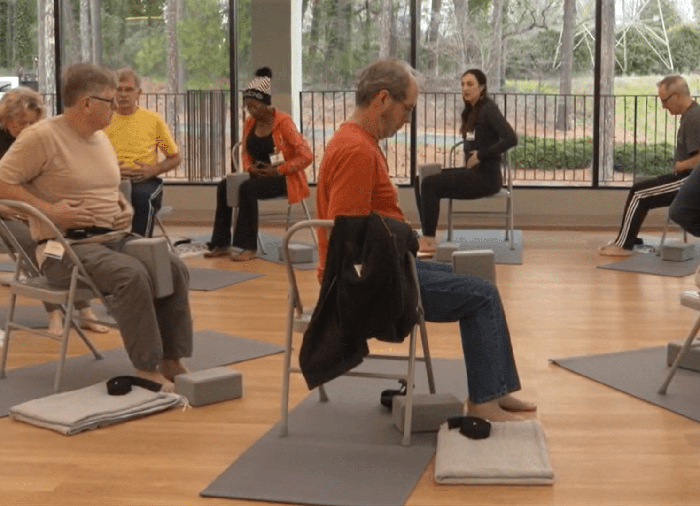Cecile Bazaz was a wife, mother, and successful banking executive in her 40s when she began showing subtle signs that something might be wrong. At first, it was little things, like forgetting her zip code and her computer password, but soon her forgetfulness started to impact her at work. That’s when she and her family knew it was time to consult a doctor.
More Than Forgetfulness
Allan Levey, MD, and Thomas Wingo, MD, were the first to meet with Cecile and her husband, Alister, at Emory Brain Health Center.
“I remember thinking it was very worrisome that she could not perform pretty basic addition easily,” Dr. Wingo recalls.
With further examination, Drs. Levey and Wingo determined the symptoms that Cecile and her family had hoped were caused by menopause were actually the result of Early (Young) Onset Alzheimer’s disease.
“Early-onset Alzheimer’s is devastating because it affects people who are often in the prime of their lives,” says Levey. “People who are diagnosed with early Alzheimer’s still have children at home and careers that are flourishing.”
Watch how Early Onset Alzheimer’s has affected Cecile Bazaz and her family.




